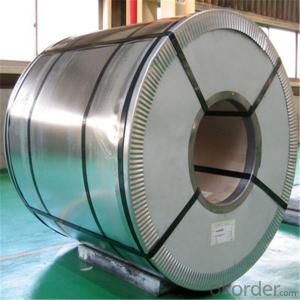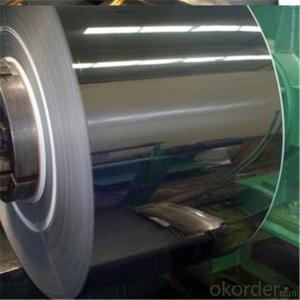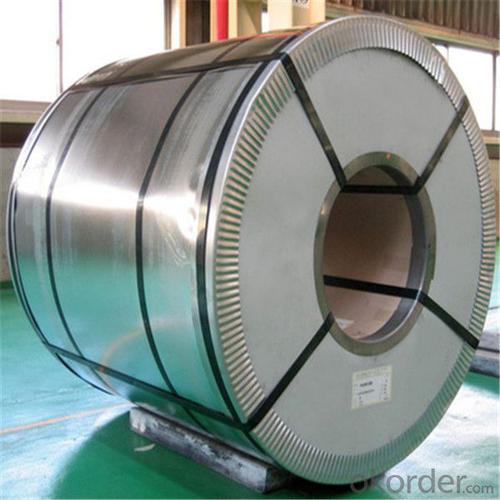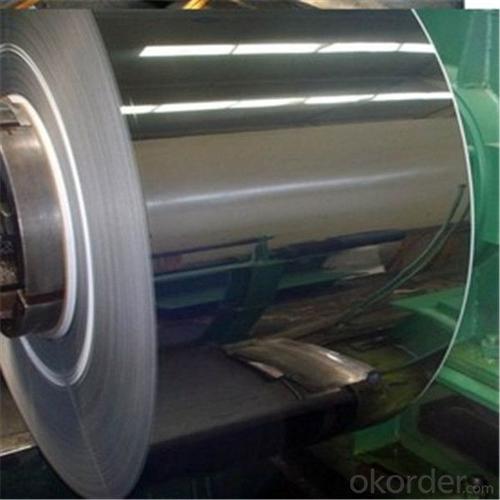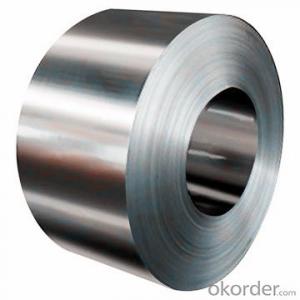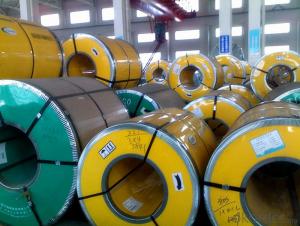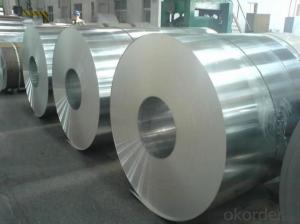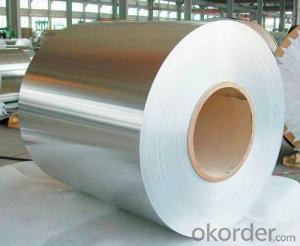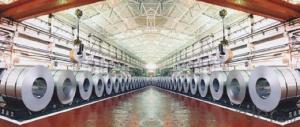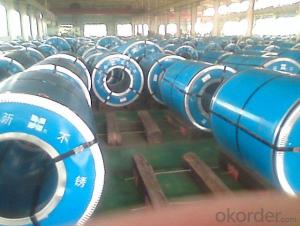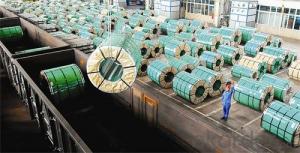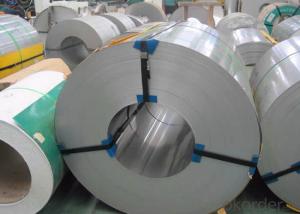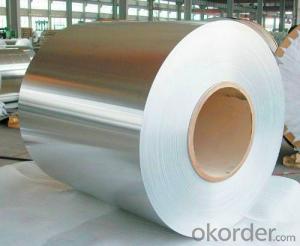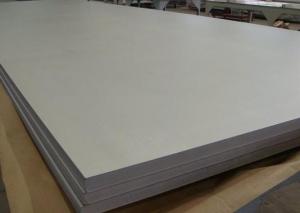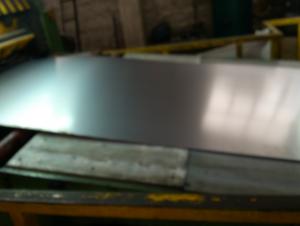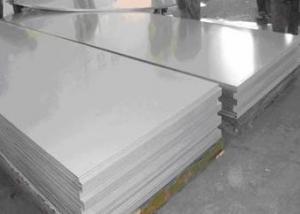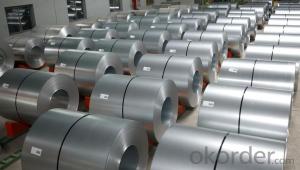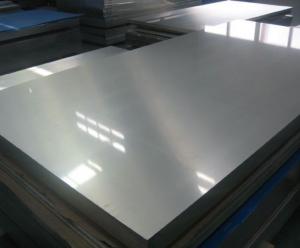AISI 304 Stainless Steel Coil for sink cold rolled
- Loading Port:
- Shanghai
- Payment Terms:
- TT OR LC
- Min Order Qty:
- 5 m.t.
- Supply Capability:
- 20000 m.t./month
OKorder Service Pledge
OKorder Financial Service
You Might Also Like
Specification
Products details of stainless steel coil
201 304 cold rolled stainless steel coils
Material:201,410,430,304,316,316L
Surface finish:2B,BA,No.4,6K,8K,HL,4K and so on
Thickness:0.15mm to 4.00mm
Width:15mm—3000mm
Weight:per actual weight
Application:kitchenware,cookware, metal decoration material, construction and building ornament, door, machine,building,ship plate,product parts manufacturing and stainless steel products tooling, steel spare and accessory parts,etc.
201 304 cold rolled stainless steel coils show:
Packaging & Shipping
Packing and shipping information of stainless steel coil
201 304 cold rolled stainless steel coils
Payment: T/T 30% deposit, Balance against the copy of B/L; or L/C at sight
Package: Export standard Package(Water Proof Paper/ PVC Cover+Wooden Pallet)
Shipment: 15 to 30 days after the receipt of the deposit
Ship term: FOB Huangpu / Foshan port or CNF import port
Minimum quantity: 5 Metric Ton
201 304 cold rolled stainless steel coils
Product/service(we sell): Cold Rolled Steel Coil/strip/sheet/circle/tube/pipe,and etc.
Main market: Taiwan, South-East Asia, Mid-East, India , Russian, South America, and etc.
3) Product picture display:
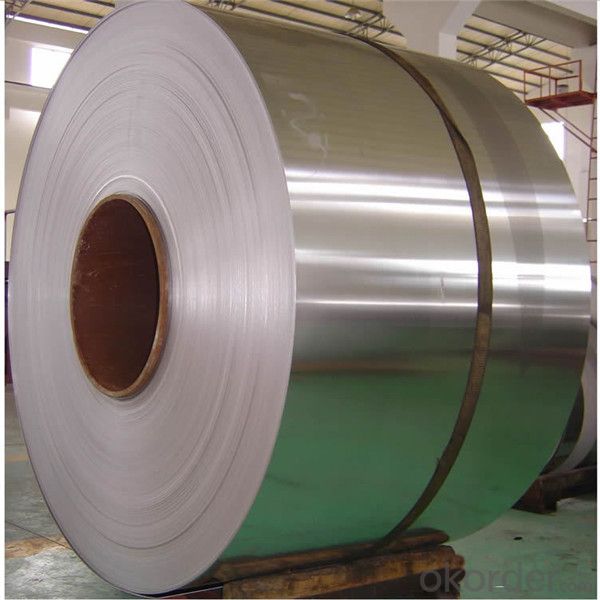
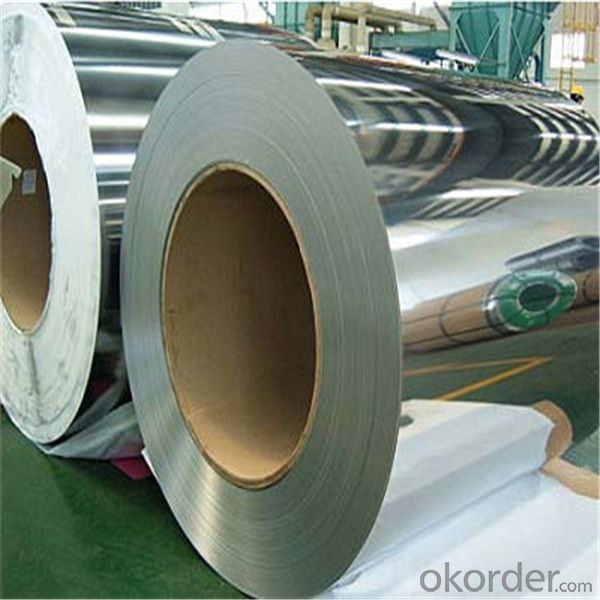
- Q: Are stainless steel strips suitable for elevator cabins?
- Yes, stainless steel strips are suitable for elevator cabins. Stainless steel is known for its durability, corrosion resistance, and aesthetic appeal, making it an ideal material for elevator cabins. It can withstand heavy usage, is easy to clean and maintain, and provides a sleek and modern look to the cabin interior.
- Q: What are the surface finishes available for stainless steel strips?
- There are several surface finishes available for stainless steel strips, including mill finish, brushed finish, mirror finish, and embossed finish.
- Q: Can stainless steel strips be used in extreme temperature conditions?
- Stainless steel strips are capable of being used in extreme temperature conditions. This material is versatile and durable, able to endure a wide range of temperatures. Its exceptional heat resistance properties make it suitable for both high and low-temperature environments. Stainless steel strips maintain their structural integrity and mechanical properties even under intense heat. They also exhibit remarkable resistance to thermal expansion and contraction, ensuring stability in extreme temperature conditions. Moreover, stainless steel has excellent resistance to corrosion, oxidation, and scaling, making it an excellent choice for applications that involve temperature fluctuations and exposure to harsh environments. In conclusion, stainless steel strips are a dependable and efficient option for various industries that require materials capable of withstanding extreme temperatures.
- Q: What is the weight of stainless steel strips?
- The weight of stainless steel strips can vary depending on their dimensions and thickness.
- Q: What are the different surface finishes for stainless steel strips?
- There are several different surface finishes available for stainless steel strips, including mill finish, brushed finish, mirror finish, and embossed finish.
- Q: What are the environmental impacts of using 111 stainless steel strips?
- The environmental consequences of utilizing 111 stainless steel strips can vary depending on several factors. To start, the production of stainless steel necessitates a considerable amount of energy, primarily in the form of electricity. This energy is often derived from fossil fuels, which contribute to the emission of greenhouse gases and climate change. Moreover, the extraction of raw materials, such as iron ore and chromium, can result in adverse environmental effects, including the destruction of habitats and pollution of water sources. Furthermore, the manufacturing process of stainless steel involves the utilization of various chemicals and gives rise to waste products. These chemicals have the potential to contaminate water sources and pose a threat to ecosystems. If not properly managed, the disposal of waste materials like slag and dust can also contribute to pollution. The transportation of stainless steel strips can also have environmental implications, as it typically involves the burning of fossil fuels that emit greenhouse gases and contribute to air pollution. However, stainless steel is renowned for its durability and longevity, which can help minimize the need for frequent replacements. This can result in a reduced overall environmental impact compared to other materials that require more frequent replacements. It is crucial to note that the environmental impacts of using stainless steel strips can be mitigated through responsible sourcing, energy-efficient production processes, and waste management practices. Additionally, the recycling of stainless steel can significantly decrease the necessity for new production, conserving resources and mitigating environmental impacts. In conclusion, the utilization of 111 stainless steel strips can have significant environmental consequences, but these can be minimized through responsible and sustainable practices throughout the entire lifecycle of the product.
- Q: How do stainless steel strips perform in corrosive marine environments?
- Stainless steel strips possess a high resistance to corrosion and exhibit exceptional performance in corrosive marine settings. Their unique composition, consisting of chromium, nickel, and other alloying elements, enables the formation of a protective oxide layer on the surface. This layer acts as a barrier, effectively shielding the strips from corrosive elements like saltwater, moisture, and atmospheric conditions encountered in marine environments. The corrosion-resistant nature of stainless steel strips makes them highly suitable for various marine applications, including boat fittings, marine hardware, offshore platforms, and underwater structures. They are capable of enduring the harsh conditions of saltwater, waves, and high humidity without compromising their structural integrity or aesthetic appeal. Moreover, stainless steel strips offer excellent resistance against pitting and crevice corrosion, which are prevalent forms of corrosion in marine settings. This characteristic ensures their long-term durability and reliability, even in highly corrosive conditions. In addition, stainless steel strips are easy to clean and maintain as they do not require any additional coatings or treatments to protect against corrosion. Regular cleaning with fresh water is typically sufficient to maintain their excellent condition. In conclusion, stainless steel strips are an ideal choice for corrosive marine environments due to their exceptional resistance to corrosion, strength, and durability. They provide a cost-effective and reliable solution that can withstand the challenges posed by the marine environment, ensuring long-lasting performance.
- Q: Are stainless steel strips suitable for automotive trim applications?
- Indeed, automotive trim applications benefit greatly from the use of stainless steel strips. Renowned for its robustness, resistance to corrosion, and pleasing aesthetic, stainless steel proves to be an exceptional option for enhancing automotive trim. Withstanding the harshest weather elements, chemical exposure, and impacts, stainless steel guarantees long-lasting performance. Moreover, its sleek and refined appearance elevates the vehicle's overall aesthetic appeal. Not to mention, stainless steel strips require minimal effort to maintain and keep clean, making them a highly practical choice for automotive trim applications.
- Q: Are stainless steel strips resistant to magnetism?
- No, stainless steel strips are not generally resistant to magnetism. While stainless steel itself is not magnetic, it can become magnetic when it is cold-worked or if it contains certain elements such as nickel, manganese, or iron. These elements can create a magnetic or partially magnetic structure within the stainless steel, making it susceptible to magnetism. However, if the stainless steel strips are manufactured with low levels of these magnetic elements or are annealed (heated and cooled) in a way that removes their magnetic properties, they can be made non-magnetic. Overall, it is important to consider the specific composition and treatment of stainless steel strips to determine their magnetic properties.
- Q: Can stainless steel strips be used in the production of automotive exhaust systems?
- Yes, stainless steel strips can be used in the production of automotive exhaust systems. Stainless steel is a popular choice for exhaust systems due to its excellent corrosion resistance, high heat resistance, and durability. These properties make stainless steel strips ideal for withstanding the extreme conditions and temperatures that exhaust systems are subjected to. Additionally, stainless steel strips can be easily welded and formed into the necessary shapes and configurations required for automotive exhaust systems.
Send your message to us
AISI 304 Stainless Steel Coil for sink cold rolled
- Loading Port:
- Shanghai
- Payment Terms:
- TT OR LC
- Min Order Qty:
- 5 m.t.
- Supply Capability:
- 20000 m.t./month
OKorder Service Pledge
OKorder Financial Service
Similar products
Hot products
Hot Searches
Related keywords
